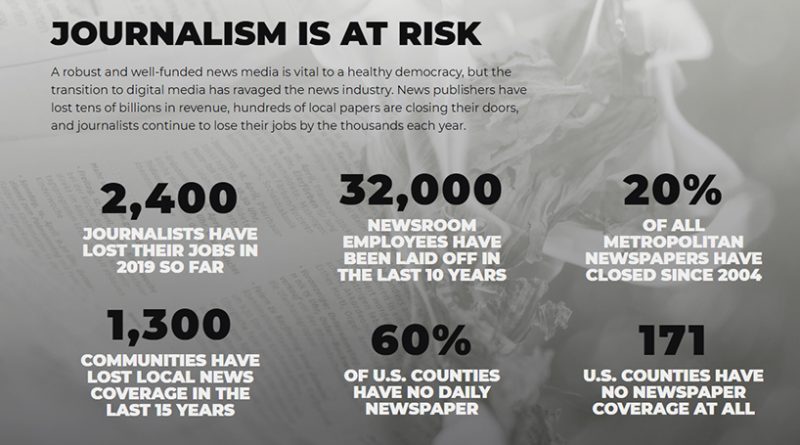Metro Wire joins News Literacy Project
By Lisa Pett
The Point/Plover Metro Wire has agreed to partner with the News Literacy Project.
It appears no good deed goes unpunished. In an editorial on June 2, the Metro Wire pointed out that a recent J-Term project at Pacelli High School on news reporting and media failed to reach out and consult with any local professionals working in the field, instead, relying on the NLP’s website and online classroom to learn about journalism.
The editorial reached NLP; the group, in turn, reached out to the Metro Wire newsroom.
“I second your concerns about the threats to journalism, and local journalism in particular, and the damage that misinformation is doing to civic discourse,” read the email from Carol McCarthy, director of communications.
The NLP is a non-profit, established to provide programming designed to reach young people and students. Their mission is to “empowers educators to teach students the skills they need to become smart, active consumers of news and information and engaged, informed participants in our democracy.”
This opinion page continues to decry the use of social media as a news outlet. Passively consuming a section of stories that have been curated by a computer algorithm, combined with the steady decline of local news outlets has been disastrous for this community, state, and nation.
Journalism is a pretty straightforward job. It involves gathering information from first-hand sources, asking basic questions, verifying the answers to those questions, examining data, writing those facts down somewhere, having someone review those words, and then sending them out into the world–either on paper or on the internet.
The rest is up to the consumer. It remains up to the public to read, process, and judge the veracity of the news based on the source’s reputation.
While the internet opened up the world to a greater variety of news sources than ever before, the introduction and spread of social media as a source of information have changed more than just the way we consume news. It has changed what people believe to be the basis for truth.
New is so valuable to democracy and is so important to this country that the Founding Fathers saw fit to codify and protect the press in the Constitution. But unless we teach our kids the skills to consume news and media responsibly, unless we give them the ability to tell fact from fiction, truth from lies, bias from objectivity, we are failing them.
-80% of middle school students can’t tell the difference between sponsored content (advertising) and a news article, according to the Standford History Education Group’s study on Evaluating Information.
-88% of Americans say that the prevalence of “fake news” has left them confused about even basic facts, according to the Pew Research Center.
The NLP relies on donations from foundations, corporations, and individuals to provide the funding, experience and time to fulfill their mission. And the Point/Plover Metro Wire is ponying up: volunteering as an educator with the NLP will give the staff a chance to share what they have learned working in the field.
Journalism is changing. The changes that have occurred over the past two decades have left democracy shaken. There is no going back to the “good old days” of competing daily papers, evening editions, unbiased, principled reporters and editors with an eye on the greater good rather than on profits and shareholders.
Today’s students are tomorrow’s journalists, legislators, and leaders. We owe it to them and to ourselves to make sure they can recognize the truth.


